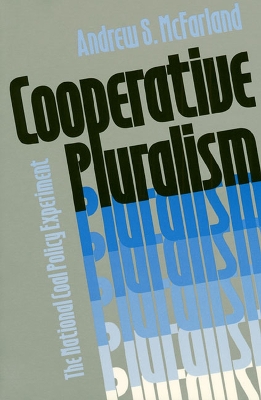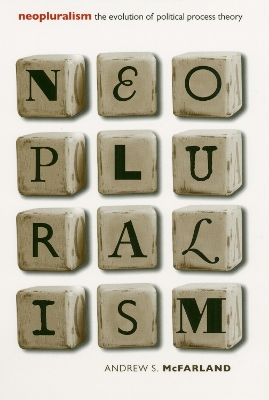Studies in Government and Public Policy
2 total works
Such negotiations, Andrew McFarland contends, can lead to surprisingly successful results. But, he warns, mediations that exclude government officials responsible for enacting and enforcing public policy will fail.
To illustrate his argument, McFarland investigates the National Coal Policy Project, an endeavor that started in the right direction but ultimately fizzled because the negotiators--business executives and environmentalists--excluded politicians and executive branch officials from the debates.
Following negotiations, the NCPP, financially supported by business, the federal government, and private foundations, produced a report dealing with strip mining and air pollution regulations, the simplification of licensing procedures, and the promulgation of public policies such as the deregulation of transportation. Although it had received some encouragement from the federal government, the NCPP never received official sanction or a promise that any agreements would be enacted into law. As a result, only a small part of NCPP's policy recommendations did become law, while 90 percent were ignored.
Despite its shortcomings, McFarland contends, the NCPP can be viewed as a building block for future negotiations. By learning from its successes and failures, he shows, settlements can be transacted through 'cooperative pluralism," the process of negotiation between the government and two opposing interest groups.

